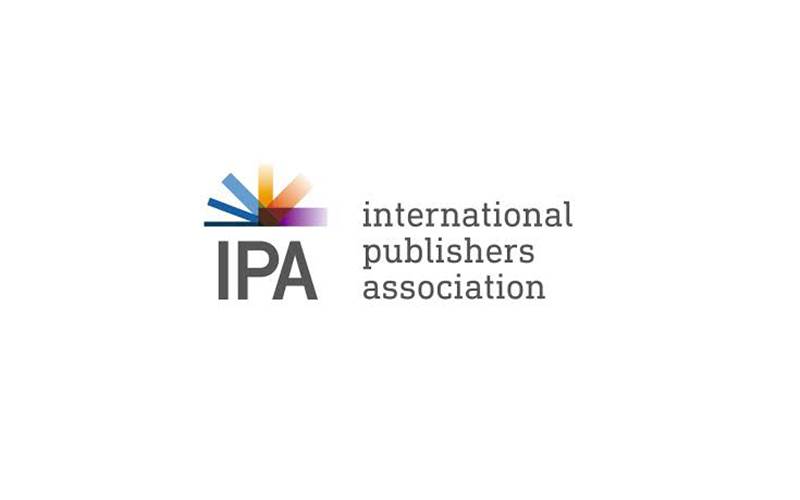Copyright key to empowerment, asserts International Publishers Association
On the occasion of World Intellectual Property Day on 27 April, the International Publishers Association highlighted the time-tested importance of the global copyright framework. According to the organisation, this regime has enabled publishers all around the world to invest in authors and serve the public interest by making literature, peer-reviewed research, educational platforms and learning solutions available to so many consumers, students, scientists, educators and other readers.
06 May 2020 | By Dibyajyoti Sarma
According to the International Publishers Association, the global copyright framework is and always has been the foundation of the publishing industry. These treaties and national laws — based on a combination of enforceable exclusive rights and carefully calibrated exceptions and limitations — incentivise authors, publishers and other copyright owners to create, invest in, and make available to the public original and valuable works of authorship. Through these works, publishers drive inspiration, entertainment, education, and both local and global economies.
At this time, as people around the world adapt to home-working and home-schooling, and governments seek reliable scientific data on which to base policies to protect their citizens, the publishing community has stepped up as never before to support governments, teachers, parents and the public.
While physical bookshops remain closed in most countries, the digital marketplace has become more important than ever, with many booksellers offering online purchases and delivery of physical books as well as a wide variety of eBooks and audiobooks. The vast collection compiled by the Accessible Books Consortium offers visually-impaired readers a wide selection of books in accessible formats. In education, the efforts of the publishing industry to develop innovative business models over the past few years have proven timely, and publishers continue to work with both public and private sector partners to create ever-evolving licenses and digital business models for both the short and long terms. However, it is clear that digital licensing is nowhere near compensating for the overall drop in sales due to the closure of bookshops.
In these unprecedented times, IPA noted that the copyright framework is critically important and inherently innovative. The Covid-19 pandemic does not make copyright protection less viable or infringement less unlawful. On the contrary, this is a time when we need authors, publishers, and a strong legal framework more than ever.
Jessica Sänger, chair of the IPA’s Copyright Committee said, “This crisis has demonstrated just how much value publishers bring to so many aspects of our lives. It is the global copyright framework — and exclusive rights in particular — that enable publishers to play this vital role in society. This World Intellectual Property Day, we should celebrate copyright law and all the diverse literature, vital research and educational resources that it has helped create.”
José Borghino, secretary general of the IPA said, “Attempts to erode the well-established operation of copyright law under the pretext of emergency access to research, educational materials and other published materials are opportunistic and intolerable. More than ever society needs the endeavours of authors and publishers to be valued and their copyrights respected. At IPA, we stand ready to support the worldwide publishing industry and all who work to maintain effective copyright protection.”
The IPA is the world’s largest federation of publishers associations. Established in 1896, it is an industry body with a human rights mandate, whose mission is to promote and protect publishing and raise awareness of publishing as a force for economic, cultural and social development. Working in cooperation with the World Intellectual Property Organization (WIPO) and other supranational bodies, the IPA champions the interests of book and journal publishing at national and supranational level.













 See All
See All